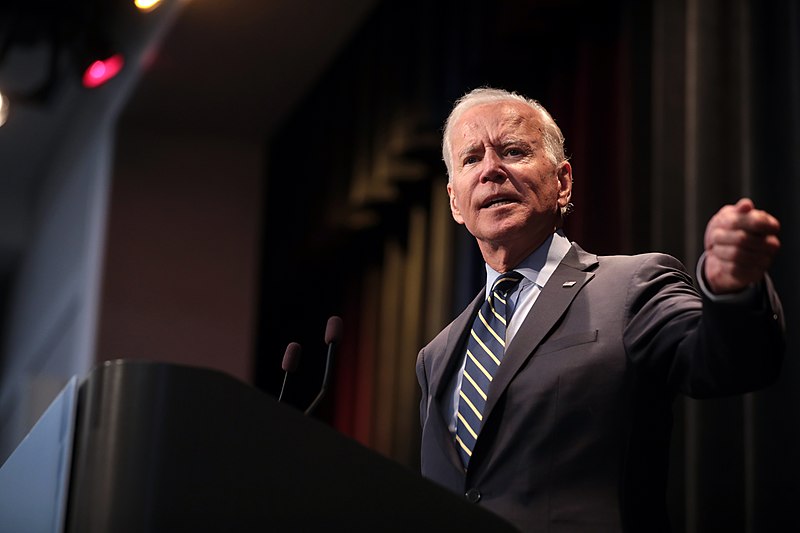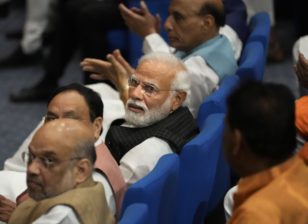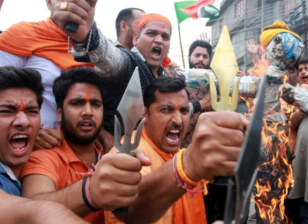Foreign Policy : Can Biden Get Tough With America’s Friends?
India is a democracy in decline. Freedom House now ranks the country in 83rd place, at the very bottom of officially “free” states, observing that India’s “departure from democratic norms … could blur the values-based distinction between Beijing and New Delhi.” Reporters Without Borders ranks India 142nd on press freedom—three slots below Myanmar.
President Joe Biden has been quick to denounce the military coup in Myanmar and Russia’s brutal treatment of opposition leader Alexei Navalny. So, too, would almost any of his predecessors save former President Donald Trump, the only president in American history to demonstrate such blatant contempt for democracy. But India’s backsliding will pose a real problem for Biden. How will an administration dedicated to restoring democracy at home and abroad deal with an illiberal democracy that is a rising power in Asia and a crucial counterweight to China?
American presidents have faced some version of this problem since Jimmy Carter vowed to make human rights and the promotion of democracy “a fundamental tenet of our foreign policy.” Carter exempted the Shah of Iran from criticism because he regarded Tehran as an indispensable ally. President Ronald Reagan’s campaign for democracy bypassed anti-Communist dictatorships in Latin America and East Asia, while President George W. Bush blinked when Egyptian strongman Hosni Mubarak broke a promise to hold free and fair elections in 2005. Torn between professed values and geopolitical interests, presidents tend to default to the latter.
Read More : Click Here




